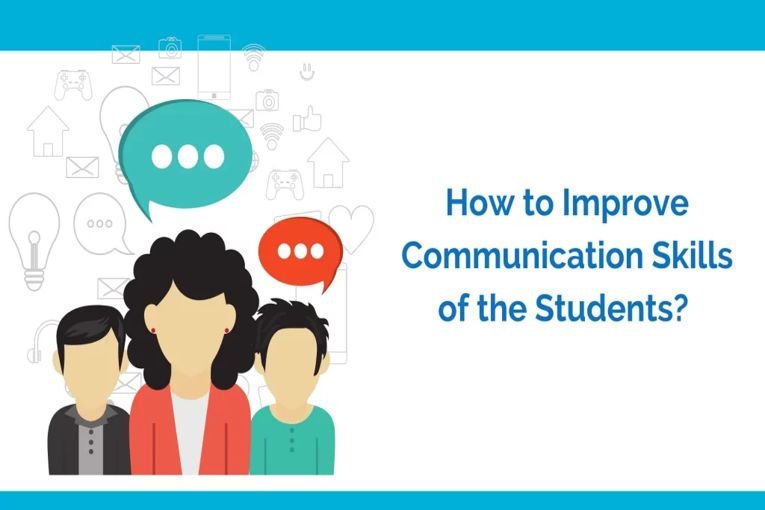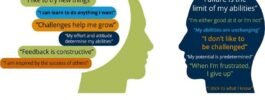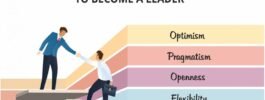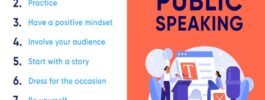Understanding the Importance of Communication Skills
Communication skills are essential for success in both academic and professional settings. Effective communication allows individuals to express their thoughts and ideas clearly, build strong relationships, and collaborate with others effectively. Students who possess strong communication skills have a competitive edge in the classroom and beyond. Whether it’s participating in class discussions, delivering presentations, or working on group projects, the ability to communicate effectively is crucial for academic achievement and personal growth.
Developing Verbal Communication Skills
One of the key aspects of improving communication skills is developing strong verbal communication abilities. Students can enhance their verbal communication skills by actively participating in class discussions, asking questions, and engaging in debates. Practicing public speaking can also help students become more confident and articulate speakers. Joining a public speaking club or taking communication courses can provide valuable opportunities to hone these skills.
Moreover, students can improve their verbal communication by focusing on clarity and conciseness. Using simple language, organizing thoughts logically, and avoiding jargon can make communication more effective and easily understood by others. Additionally, active listening is a crucial component of verbal communication. Students should practice listening attentively to others, asking clarifying questions, and providing thoughtful responses to demonstrate their understanding.
Enhancing Written Communication Skills
In today’s digital age, written communication skills are more important than ever. Students must be able to convey their ideas clearly and effectively through written documents such as essays, reports, emails, and presentations. To improve their written communication skills, students should focus on grammar, punctuation, and spelling. Proofreading and editing written work can help students refine their writing and ensure that their message is communicated accurately.
Furthermore, students can enhance their written communication skills by practicing different forms of writing, such as creative writing, academic writing, and professional writing. Engaging in writing exercises, keeping a journal, and seeking feedback from peers or instructors can help students develop their writing abilities and expand their vocabulary. Additionally, utilizing online resources and writing tools can assist students in improving their writing style and structure.
Utilizing Nonverbal Communication
Nonverbal communication plays a significant role in how messages are perceived and interpreted. Students can improve their nonverbal communication skills by being aware of their body language, facial expressions, gestures, and tone of voice. Maintaining eye contact, using appropriate gestures, and displaying open body language can enhance the effectiveness of communication and convey confidence and credibility.
Moreover, students should pay attention to their nonverbal cues when interacting with others in various settings, such as interviews, presentations, and group discussions. Practicing active listening, mirroring positive body language, and regulating emotions can help students establish rapport and build stronger connections with their peers and instructors. Developing emotional intelligence and empathy can also improve students’ ability to understand and respond to nonverbal cues effectively.
Practicing Effective Communication in Group Settings
Collaboration and teamwork are essential skills that students need to succeed academically and professionally. Effective communication in group settings involves active participation, clear articulation of ideas, and respectful interaction with team members. Students can improve their group communication skills by actively contributing to discussions, listening to diverse perspectives, and fostering a collaborative environment.
Furthermore, students should practice effective communication strategies in group projects, such as setting clear goals, establishing roles and responsibilities, and providing constructive feedback to team members. By communicating openly and transparently, students can build trust and rapport within their teams and work together more effectively towards shared objectives. Developing conflict resolution skills and negotiation techniques can also help students navigate challenging situations and reach consensus in group settings.
Seeking Opportunities for Communication Skill Development
Improving communication skills is a continuous process that requires dedication, practice, and feedback. Students can seek various opportunities to enhance their communication skills, such as participating in extracurricular activities, attending workshops or seminars, and seeking mentorship from communication experts. Joining debate clubs, public speaking events, or communication training programs can provide valuable experiences and insights into different aspects of communication.
Additionally, students can benefit from seeking feedback from peers, instructors, or communication professionals to identify areas for improvement and receive constructive criticism. Practicing active listening, empathy, and adaptability in different communication contexts can help students develop versatile communication skills that are essential for success in academic and professional environments. By continually refining their communication abilities, students can build confidence, express themselves effectively, and achieve their goals with greater impact.







